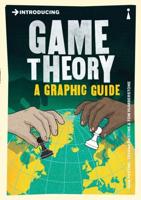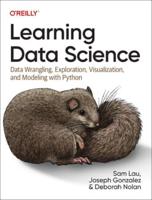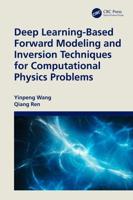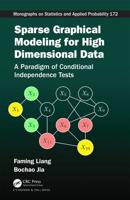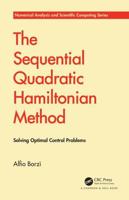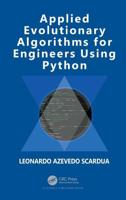Publisher's Synopsis
This volume includes chapters on topics presented at the conference on Recent Trends in Convex Optimization: Theory, Algorithms and Applications (RTCOTAA-2020), held at the Department of Mathematics, Indian Institute of Technology Patna, Bihar, India, from 29-31 October 2020. It discusses a comprehensive exploration of the realm of optimization, encompassing both the theoretical underpinnings and the multifaceted real-life implementations of the optimization theory. It meticulously features essential optimization concepts, such as convex analysis, generalized convexity, monotonicity, etc., elucidating their theoretical advancements and significance in the optimization sphere. Multiobjective optimization is a pivotal topic which addresses the inherent difficulties faced in conflicting objectives. The book delves into various theoretical concepts and covers some practical algorithmic approaches to solve multiobjective optimization, such as the line search and the enhanced non-monotone quasi-Newton algorithms. It also deliberates on several other significant topics in optimization, such as the perturbation approach for vector optimization, and solution methods for set-valued optimization. Nonsmooth optimization is extensively covered, with in-depth discussions on various well-known tools of nonsmooth analysis, such as convexificators, limiting subdifferentials, tangential subdifferentials, quasi-differentials, etc.
Notable optimization algorithms, such as the interior point algorithm and Lemke's algorithm, are dissected in detail, offering insights into their applicability and effectiveness. The book explores modern applications of optimization theory, for instance, optimized image encryption, resource allocation, target tracking problems, deep learning, entropy optimization, etc. Ranging from gradient-based optimization algorithms to metaheuristic approaches such as particle swarm optimization, the book navigates through the intersection of optimization theory and deep learning, thereby unravelling new research perspectives in artificial intelligence, machine learning and other fields of modern science. Designed primarily for graduate students and researchers across a variety of disciplines such as mathematics, operations research, electrical and electronics engineering, computer science, robotics, deep learning, image processing and artificial intelligence, this book serves as a comprehensive resource for someone interested in exploring the multifaceted domain of mathematical optimization and its myriad applications.


